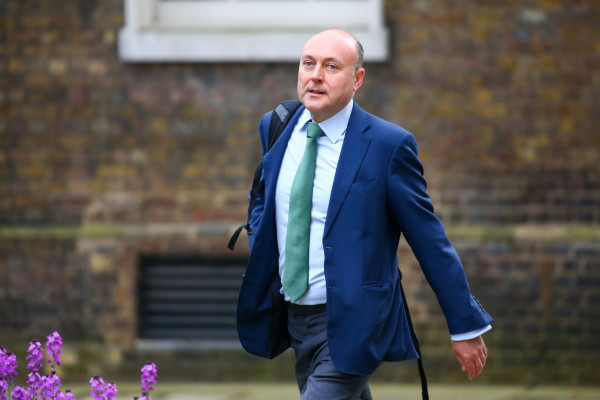The government has reaffirmed its commitment to controversial “call in powers” which will allow parliament to intervene in financial regulation.
Giving evidence to the Treasury committee this week (October 11), Andrew Griffith, city minister, said he cannot preclude that there may be some matters of “great public policy” that parliament will want to opine on.
“Whilst we want operationally independent regulators and we do not want ministers interfering in the day-to-day of regulatory decisions, it is not uncommon to have a public policy safety valve,” he said.
Griffiths added that there is a balance between those we elect to make public policy decisions, and operational decisions made by regulators.
“It is quite right that we draw a distinction between those two…and respect all of our regulators and give them the space in which they can do their best job.”
When asked by Mel Stride, chairperson of the committee, if he could explain how the powers would work, Griffiths declined to answer.
“I think that would be premature.”
He did, however, agree with Stride when asked if the powers would likely be used in a scenario where parliament was in opposition to the regulator.
“I think that’s a fair observation,” Griffiths said.
The call-in powers were expected to be included in the financial services and markets bill, however it was omitted from the bill on the request of former chancellor Nadhim Zahawi.
The bill is now in the committee stage in the Houses of Parliament, and will give the Financial Conduct Authority sweeping new powers as it repeals EU rules over the British financial services industry.
Prime minister Liz Truss mentioned the plans, originally proposed by former chancellor Rishi Sunak, to allow ministers to “call in” regulatory decisions if watchdogs are deemed too cautious.
A key part of Truss’s campaign was based on loosening of regulations to allow “economic growth”.
sally.hickey@ft.com

